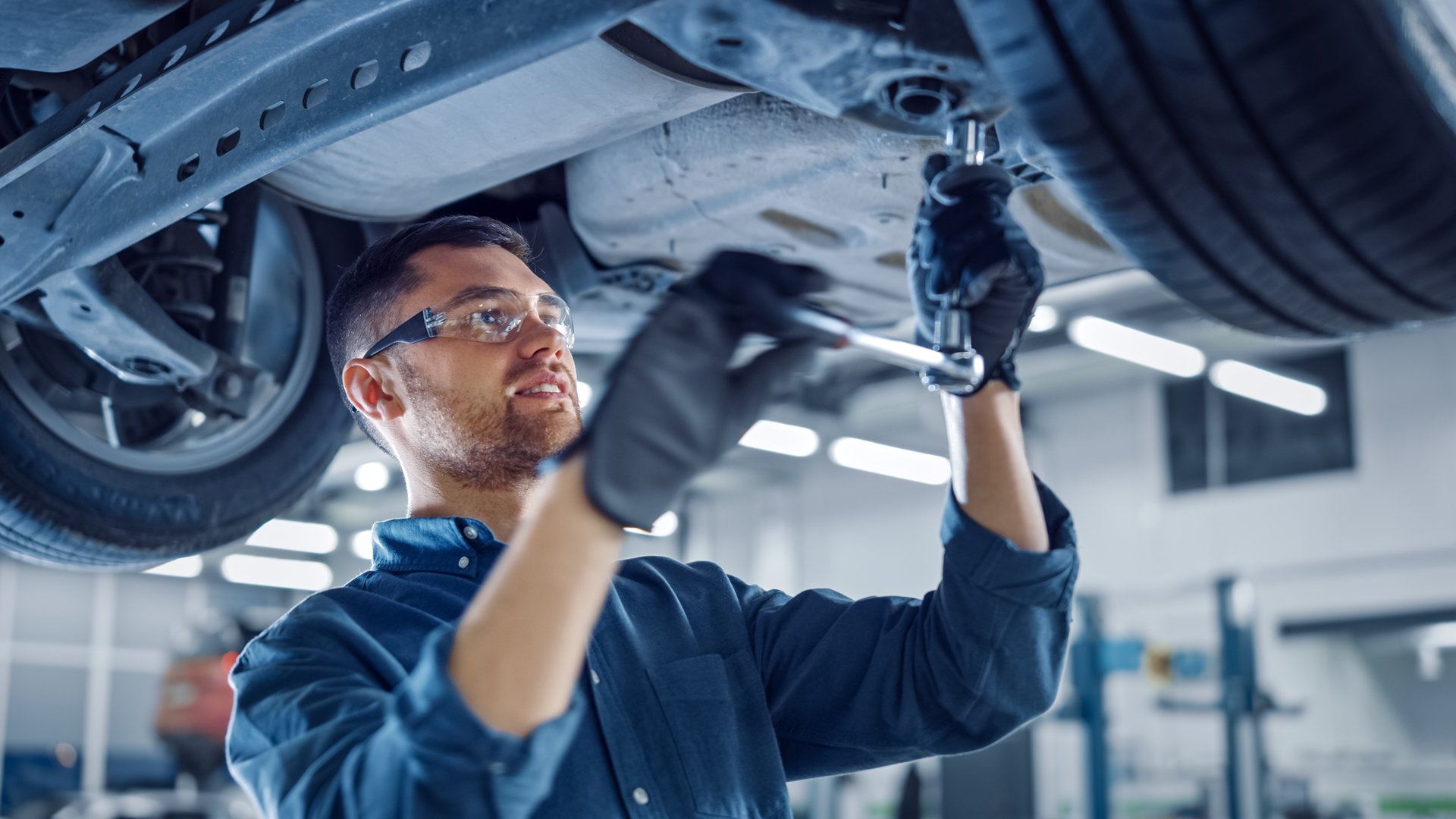Drive down any main street in America and you will see something that is increasingly catching the eyes of private equity investors: blocks of automotive service locations, including collision repair shops, tire stores, general repair centers, car washes, quick lubes and various other automotive parts and service businesses that make up the nation’s $390 billion automotive aftermarket industry.
Keeping cars running is mission critical for all households and businesses, as transporting people and goods is paramount no matter where we are in an economic cycle. This makes automotive aftermarket industry revenues and profits far more inelastic than other services-focused industries—a trait that private equity investors value. As demonstrated by publicly traded automotive aftermarket companies, the aftermarket has a long record of robust and steady cash flows, and the industry’s resilient nature has fostered tremendous investor confidence: From 2007 to 2023, these public companies more than tripled the returns of the S&P 500.
The demand for auto aftermarket services is on the rise thanks to several trends, including:
- More cars on the road: Between 2018 and 2023, the number of vehicles in operation in the United States grew by 2.2% to 285 million.
- Older cars on the road: Average vehicle age increased to 12.5 years in 2023 as consumers are holding on to their vehicles for longer. Supporting this, the number of vehicles aged 4–11—termed the aftermarket “sweet spot” because owners are more likely to use independent (i.e., non-dealership) repair and service providers after vehicles come off warranty—has increased by 20 million since 2018.
- More vehicle miles traveled: Miles traveled, tracked by the Department of Transportation, is a crucial measure of vehicle wear and tear. It has steadily increased over the past two decades, has rebounded to pre-pandemic levels after a brief lockdown-induced decline and continues to steadily grow at low-single-digit growth rates in 2024.
- High new and used car prices: While car prices are moderating in 2024, they remain well above pre-pandemic levels. This, coupled with higher interest rates on costly car loans, is keeping vehicle owners in their cars for longer and driving repairs to these vehicles versus vehicle replacement.
Beyond demand drivers, the automotive aftermarket sector is uniquely suited for consolidation plays that private equity investors often seek. According to the Auto Care Association, there are over 170,000 service channel outlets in America (excluding gas stations). Despite the sector’s overall size and consistent record of profitability, it is highly fragmented and dominated by individual- or family-owned businesses. In most cases, the largest companies in any given subsector have a small single-digit percentage share of that overall market. This creates an exceptionally compelling opportunity for private equity investors looking for long runways to grow platform businesses.
Private equity–backed automotive aftermarket platforms benefit greatly as they scale. Benefits include improved key performance indicator monitoring, labor management and operational execution through tech-enablement of systems; discounted purchasing on parts, tires and supplies; and professionalized management of regional and corporate support functions. This all results in a better experience for consumers as they receive vehicle service.
From 2020 to 2023, Jefferies estimated that there were nearly 240 M&A transactions where the buyer was a financial buyer such as a private equity investor. The high-water mark was nearly 80 financial buyer transactions in 2021.
Jefferies expects the momentum to continue in the back half of 2024 and into 2025 as ownership groups look to monetize on healthy levels of private equity interest. 2024 is already off to a strong start, with Summit Partners acquiring CollisionRight, TPG acquiring Classic Collision and KKR investing $850 million into Quick Quack Car Wash.
Private equity firms looking to build automotive aftermarket platforms are typically seeking companies with differentiated attributes, including:
- Attractive geographies with high densities of vehicles in operation and growing population trends
- Strong operating metrics
- Technology-enabled solutions for operations management and consumer-facing solutions
- Well-built infrastructures that can support significantly larger scales
- Proven management teams
Jack Walsh is a leader in Jefferies’ Automotive Aftermarket Investment Banking practice. With over ten years of experience, Jack specializes in capital raising and advisory for clients across the automotive aftermarket. Since 2015, the Jefferies Automotive Aftermarket Investment Banking practice has executed over 135 M&A, debt and equity transactions representing more than $105 billion in combined deal value. Jack can be reached at [email protected]




